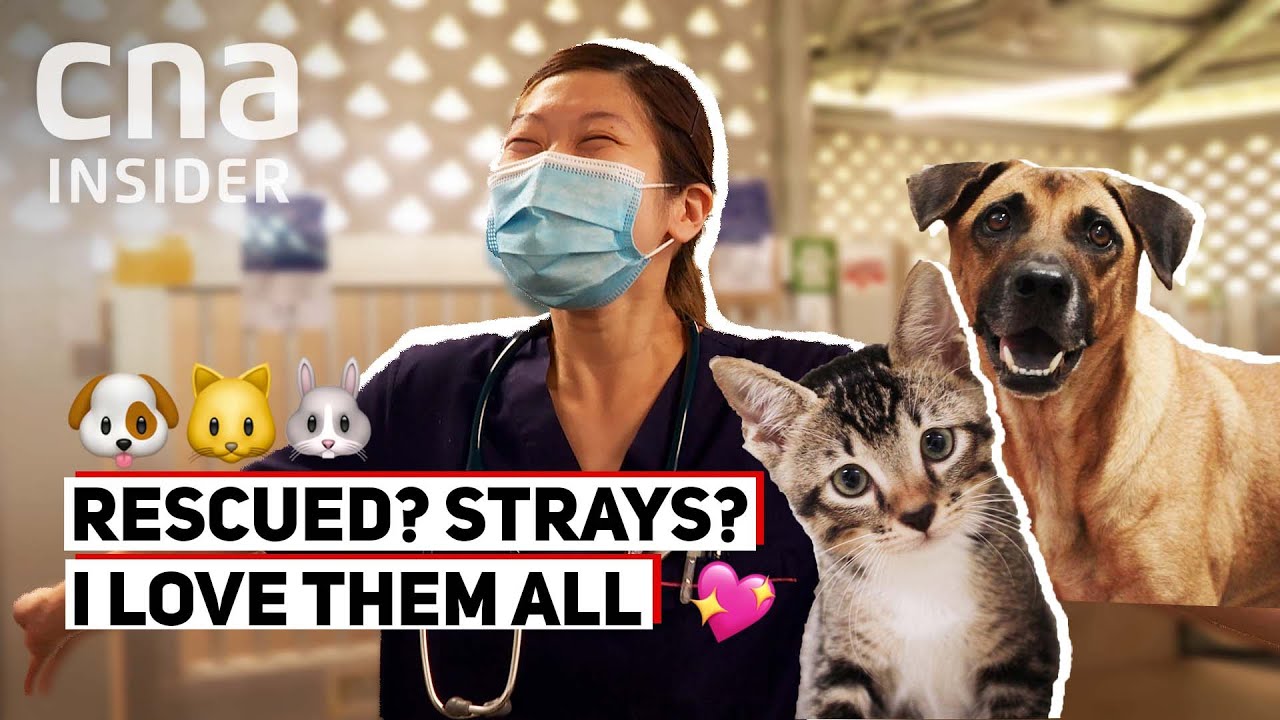The Society for the Prevention of Cruelty to Animals (SPCA) operates in several countries around the world with the mission to care for and protect animals from abuse, neglect, and mistreatment. One of the significant responsibilities of the SPCA is dealing with sick animals. In this article, we will deep dive into the ways in which the SPCA treats and cares for sick animals.
Identification and Assessment of Sick Animals
The first step in dealing with sick animals is to identify and assess their illness. The SPCA has a team of trained professionals that includes veterinarians and vet technicians who specialize in the diagnosis and treatment of animal illnesses.
When an animal is brought to the SPCA, it is primarily assessed by a veterinary doctor who looks for signs of illness, injury, and malnutrition. If an animal is found to be suffering from any illness, it is taken to the treatment center for immediate medical attention.
Some of the signs of a sick animal that the SPCA looks for include:
- Fever
- Vomiting and diarrhea
- Lack of appetite
- Coughing or sneezing
- Difficulty breathing
- Paralysis or tremors
- Abnormal behavior or lethargy
- Visible injuries or wounds
Treatment of Sick Animals
Once an animal is diagnosed with an illness, the SPCA veterinary team develops a treatment plan that includes medication, surgery, physiotherapy, or any other treatment that may be necessary. The treatment plan varies depending on the animal's illness and severity.
The SPCA aims to provide comprehensive medical care to sick animals. Therefore, it ensures that all treatment procedures are carried out properly and that the animal receives quality care.
Sick animals at the SPCA facility receive the following care:
- Medication prescribed by the veterinarian
- Adequate and appropriate food as per dietary requirements
- Hydration through regular access to clean water
- Rest and recovery in a clean and comfortable environment
Prevention of Diseases and Illnesses
The SPCA also focuses on the prevention of illnesses and diseases among animals. It does this by educating pet owners on how to take care of their animals properly. The SPCA educates pet owners about vaccinations, regular health checkups, and general pet care.
To prevent the spread of diseases and illnesses, the SPCA isolates sick animals from healthy animals. It maintains proper hygiene and cleanliness of the facility to ensure a healthy environment for the animals.
SPCA Prevention Strategies:
| Prevention Technique | Explanation |
|---|---|
| Vaccination | Animals are vaccinated against common diseases and illnesses. |
| Isolation of sick animals | SPCA separates sick animals from healthy animals to prevent the spread of illnesses. |
| Proper hygiene and cleanliness | Cleanliness and hygiene is a top priority at SPCA facilities to maintain a healthy environment for animals. |
Adoption and Post-Treatment Follow-Up
Once a sick animal has recovered and is in good health, the SPCA offers it up for adoption. Prior to adoption, the animal undergoes a health checkup and is cleared to be fit for adoption.
Alongside adoption, the SPCA veterinary team provides post-treatment follow-up. They give instructions on how to care for the animal and prescribe medication, if necessary. Additionally, follow-up checkups are scheduled to monitor the animal's progress and ensure it's on the path to full recovery.
The SPCA post-treatment follow-up process includes:
- Clear instructions on how to take care of the animal
- Providing medication, if applicable
- Post-treatment follow-up checkups scheduled to monitor the animal's progress
Conclusion
The SPCA plays a vital role in caring for sick animals. It ensures that all animals receive the necessary diagnosis, treatment, and care that they need to recover from their illnesses. Furthermore, the SPCA focuses on preventing the spread of diseases and illnesses through proper hygiene and education for pet owners. In summary, the SPCA continues to impact the lives of animals positively.

